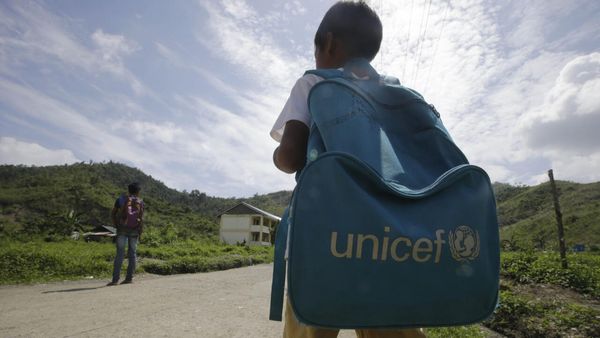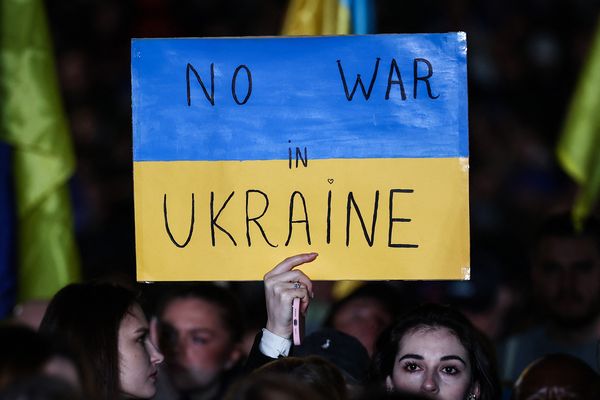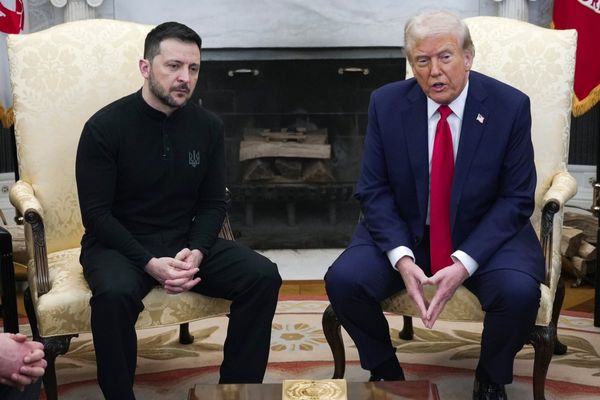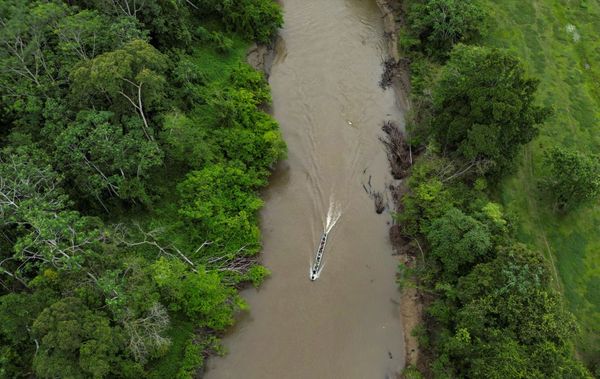
Israel has confirmed the recovery of the bodies of three hostages, identified as Shani Luk, Amit Bouskila, and Yitzhak Gelentor, inside a tunnel in Gaza. The Israeli military revealed that the hostages had escaped from an attack at the Nova Music Festival on October 7th, only to be killed at a kibbutz. The bodies were then taken by Hamas to Gaza, where they remained for several months.
Israeli Prime Minister Benjamin Netanyahu expressed deep sorrow over the loss and vowed to bring all hostages, alive or deceased, back home. The tragic incident sheds light on the ongoing plight of numerous hostages, including Americans, still held by Hamas. Out of approximately 132 hostages, a significant number are feared to have met a similar fate.
The news of the recovered bodies is expected to have a substantial impact on negotiations for ceasefires and hostage releases. Hamas has been urged to provide proof of life for the remaining hostages, emphasizing the urgency of the situation. The humanitarian aspect of the negotiations is evident as Israel shows willingness to exchange deceased hostages for Palestinian prisoners demanded by Hamas.



Looking ahead, questions arise about the post-conflict scenario in Gaza. The Israeli Defense Forces have re-entered northern Gaza to combat resurging Hamas militants, prompting discussions on governance and security arrangements post-conflict. Israel's Defense Minister has called for a political solution to ensure stability and security in the region.
The long-term strategy for Gaza remains a critical concern, with the need for a sustainable plan post-conflict. The debate over a two-state solution and governance in the region looms large, with differing views on the path forward. The Israeli government, led by Prime Minister Netanyahu, faces the challenge of charting a course for lasting peace and security in the region.







